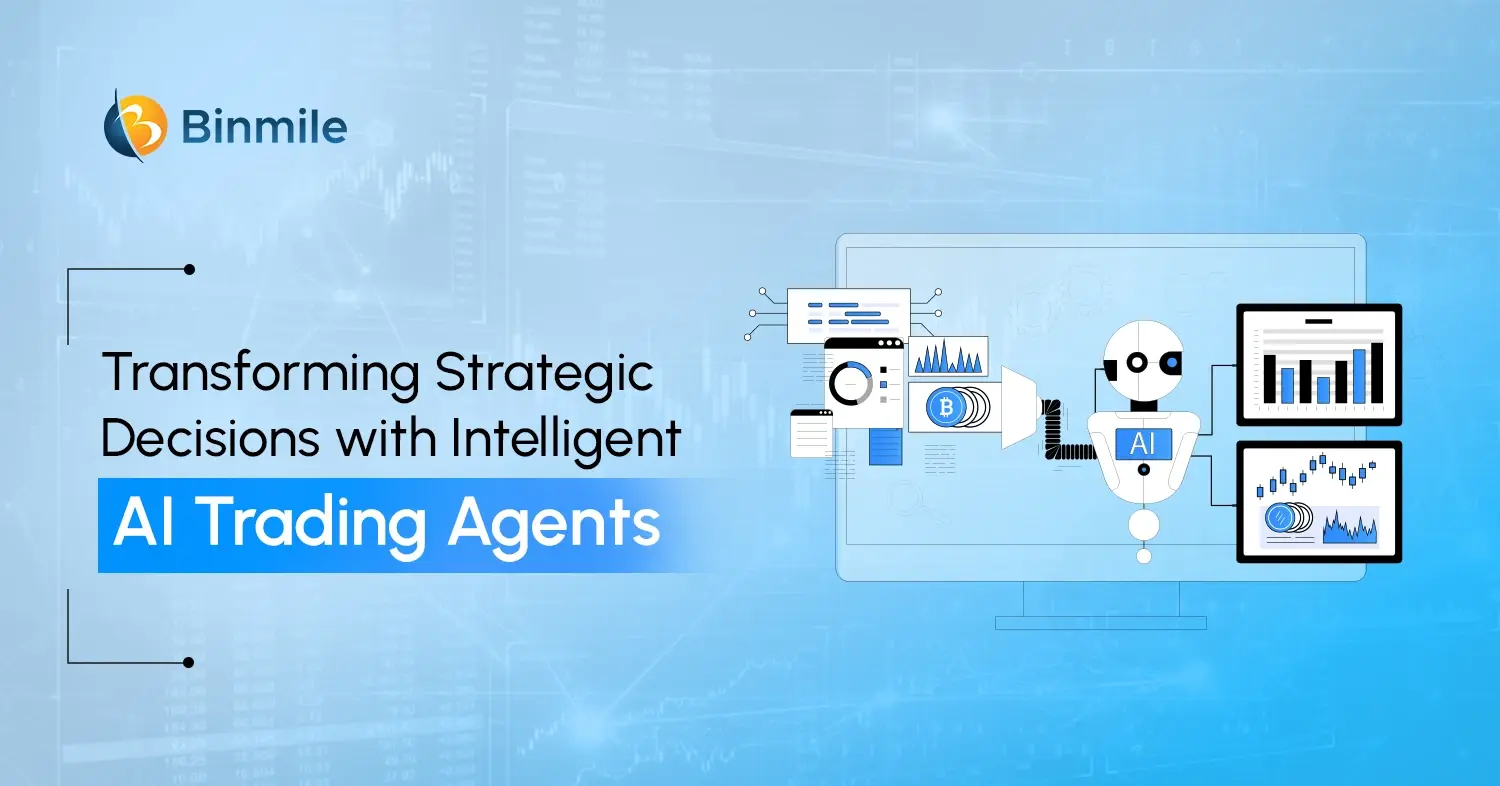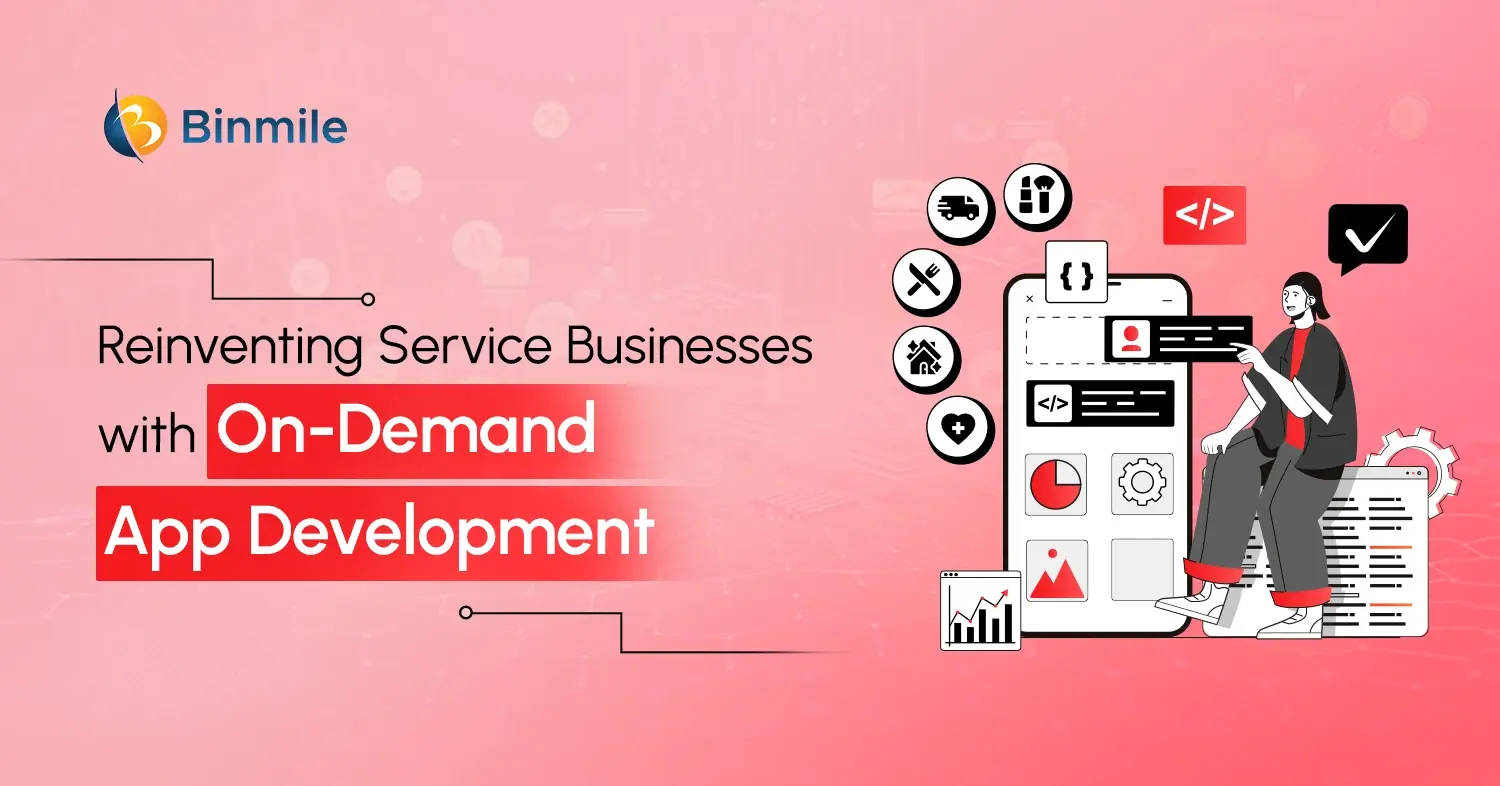Cloud computing is a major growth driver for FinTech companies. It wouldn’t be an exaggeration to call it a transformative architecture shaping the finance industry. Technically speaking, technology has helped financial services companies bring automated efficiency to how they work, allowing them to access, store, and process data more efficiently and securely than ever before.
The growing significance of cloud solutions in the fintech industry is evident in the recent Forbes report ranking the top 100 early adopters of fintech cloud computing. Companies like Stripe, Databricks, Canva, Miro, and others have experienced rapid business growth after adopting cloud technology. This highlights the competitive advantage gained by early cloud adopters, as cloud-based solutions offer increased efficiency and cost-effectiveness.
Cloud computing models, such as Infrastructure as a Service (IaaS), Platform as a Service (PaaS), and Software as a Service (SaaS), have played a pivotal role in transforming the financial landscape. By leveraging these models, fintech companies can access scalable infrastructure, develop and deploy applications more efficiently, and focus on core business functions.
This blog will delve into how cloud-based solutions drive a cycle of innovation and transformation within the fintech industry, leading to substantial value creation and competitive advantages.
What is Cloud Computing?
Cloud computing allows businesses and individuals to outsource tasks to remote servers and services instead of relying on local hardware. This enables authorized users to access applications and resources via the internet or other remote networks.
Therefore, Cloud-based services preclude the necessity for users to purchase, install, and maintain an on-premise chat server and can use the on-demand solution as needed.
Impacts on Banking and Finance Services Industries
Considering that on-premise deployment increases overhead costs and results in throttling business growth, Cloud computing comes as a viable alternative for businesses. The innovative tech has grown increasingly popular among companies to mitigate inflated on-premise deployment costs and gain flexibility in their technology investments.
Moreover, Cloud-based services aim at creating a more agile business structure, thereby allowing companies to respond faster to market trends and evolving business demands. Aside from impacting technological advancement, it delivers financial advantages, including –
- It allows companies to outsource expensive server infrastructure and energy costs to a third-party
- Encourages businesses to invest more money in strengthening their security and improving customer happiness
In fact, the Cloud has made it possible for financial services companies to meet their computational needs while ensuring unmatched reliability and paving the path for competitive advantages.
Impacts Of Cloud Computing Technology, In A Nutshell:
- Improves security of financial operations
- Limits the lingering cybersecurity threat, like hacking and malicious scams
- Saves costs from an expensive on-premise deployment
- Brings compliance standards in financial services regulation
Key Benefits of Cloud Computing for the FinTech Industry
1. Cost-Effective Scalability
It has resulted in revolutionary changes in how businesses, specifically FinTech companies, operate. One of the most salient benefits that it drives is its ability to help businesses cost-effectively scale up and down faster, and migrate from expensive on-premise chat servers to a Cloud-based service.
For instance, SaaS products, like CRM (customer relationship management) tools help companies reduce IT costs by allowing them to utilize the portion of Cloud Consulting services as and when needed. Costs saved thus help FinTech companies deploy their resources on other key areas of their business operations.
2. Flexibility and Cost-Savings
Cloud architecture ensures that problems associated with data storage that typically throttles pre-Cloud infrastructure are dealt with effectively. It results in a great deal of flexibility for FinTech companies to access data faster for –
- Risk mitigation
- Regulatory reporting
- Deep learning
- Analytics
- Identifying risk management anomalies
Moreover, the technology also helps finance companies with cost-effective migration from legacy systems into a cutting-edge Cloud environment for better operational excellence at reduced costs.
In addition, users are allowed to use the portion of hosted Cloud solutions that they need and when needed. To say otherwise, lowering operational costs and maximizing every penny spent, as users are billed for the functions they use.
3. Effective Data Management and Compliance Monitoring
FinTech companies using the Cloud not only handle variable data volumes but also rule out the blind spots due to data silos. As a result, they experience cleaner and more contextualized data structures.
On the other hand, Cloud computing also factors in effective compliance monitoring. It quickly processes massive data volumes essential for compliance reporting across multiple products and asset classes. The value of Cloud data management is that it allows businesses to meet the flexibility and reliability that a company needs when it grows.
4. Enhanced and Unbreachable Security
It ensures robust, improved, and unbreachable security of customer data for FinTech companies. By choosing a trusted SaaS service provider for reliable and secure Cloud-based services, you can rest assured that your business operations are well-guarded in a Cloud environment against potential data breaches from unauthorized access.
It essentially requires a company to go for a Cloud service provider with an uncontested reputation as a trusted Cloud vendor with top-notch security protocols using the latest encryption standards and data storage solutions. As a result, your business will get the latest security measures and rule out costly on-premise upgrades. You enjoy the comfort of knowing that your customer data is impregnable.
5. Better Customer Experience
The role of Cloud computing in impacting the customer experience of financial service companies has been tremendous. With reliability, efficiency, and convenience all rolled into Cloud-based services, FinTech companies can utilize them to bring improved efficiency to their internal processes. This means allowing their customers to access their accounts anytime, anywhere, and from any device.
There is not even a remote chance for data loss or security breaches for customers when sharing information with their bank.
Cloud computing pans out better customer experience as –
- It is reliable, efficient, and convenient
- It is highly secure against potential data loss or malicious threats
- Allows customers to seamlessly access their accounts anytime, anywhere, and from any device
- It allows FinTech companies with data-backed insights into their customer behaviors
- It helps companies offer personalized products and services to cater to customer’s demands
6. Speed to Market Advantage
Speed to market is considered a prime catalyst in the FinTech industry for its growth. Cloud-based services, in this context, allows FinTech companies faster and easy deployment of their services. They are also assisted by the technology to spin up new services within minutes rather than having to wade through months of periods.
The implication?
Well, the implication here is using Cloud-based solutions, FinTech companies can launch new products and services faster than competitors, and so can disrupt their industry. Moreover, the use of Cloud-based solutions can also allow companies to enjoy an agile platform to iterate faster.
It helps them make and deploy changes quickly. Most importantly, businesses can respond to changes in the market immediately to ensure their customers are updated with the latest product features.
Cloud computing results in improved speed to market, as –
- Provides an agile platform to iterate faster
- Allows faster and easy deployment
- Allows to spin up new services within minutes
- Enables developers to make and deploy changes immediately
- Allows businesses to respond to changes in the market promptly
7. Data-backed insights for more personalized customer services
Cloud computing allows FinTech companies with the latest data of their customers. This, in turn, helps them to gain data-based insights into the behavioral patterns of customers and offer them personalized products and services, accordingly. With the help of this technology, financial services companies can access a considerable volume of data on customers, helping them make informed decisions about their customer’s behaviors and preferences.
Benefits –
- Helps FinTech companies with the latest data of their customers
- Data gathered thus enables companies to personalize their products and services to customer’s preferences
- Enables businesses to make an informed decision about what their customers want
- Helps companies streamline their processes to serve customers’ needs well
8. Improved Adaptability at Reduced Risks
FinTech companies using Cloud-based solutions can brainstorm unique ideas and product iterations, allowing them to do faster rollout and testing. In fact, the Cloud allows companies to simultaneously provision safe environments while monitoring for compliance.
As a result, companies can test for new solutions faster and adjust easily, as they experience the optimal way forward. This is what concludes improved adaptability for companies at reduced risk.
Know the Difference: Edge Computing vs Cloud Computing
Final Words
Cloud computing is one of the major contributors to growth in the FinTech industry. It is helping finance service companies bring automated efficiency to their internal processes. It allows them to access, store, and process data more efficiently and securely than ever before. Seen as a transformative architecture for a cycle of new changes in the early adopters of Cloud-based solutions, innovative tech is now one of the most dominant approaches in the business strategies of financial services companies.
Meanwhile, FinTech companies also prioritize hiring a trusted FinTech software development company for innovative solutions incorporating cutting-edge technologies like Machine Learning, Business Intelligence, Artificial Intelligence, etc. Outsourcing IT functions to a third-party development company are one of the most unique business strategies to stay competitive and relevant in its niche. Binmile is that solution-driven IT software development company helping you with robust and scalable software solutions to stay ahead of the curve.
Frequently Asked Questions
Cloud computing revolutionizes FinTech by offering scalability, security, and cost-efficiency. With financial services cloud computing, companies can enhance operations, ensure compliance, and accelerate innovation.
By adopting fintech cloud solutions, companies gain access to AI-powered analytics, automated processes, and global scalability, driving financial innovation and efficiency.
A cloud computing financial services provider ensures regulatory compliance, optimizes cloud infrastructure, and delivers tailored solutions to meet evolving FinTech demands.
While cloud adoption comes with cybersecurity risks, advanced cloud finance technology offers multi-layer encryption, firewalls, and AI-driven threat detection to safeguard sensitive financial data.
The future of cloud computing financial services includes greater adoption of AI, blockchain integration, real-time analytics, and enhanced security measures, driving digital transformation across the industry.
Cloud finance technology enables seamless integration with AI and big data tools, helping FinTech companies analyze vast amounts of financial data for risk management, fraud detection, and personalized customer insight









